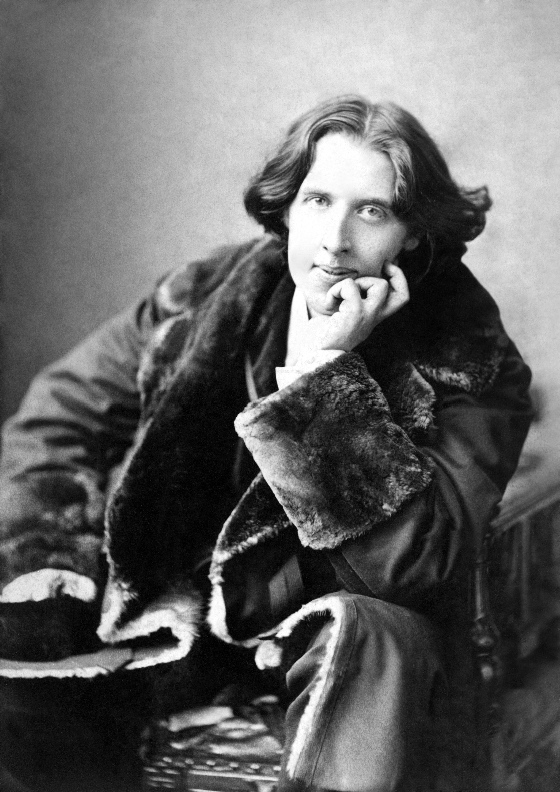
While the ultimate virtue in Wilde’s essays is in make-believe, the
denouement of his dramas and narratives is that masks have to go.
We must acknowledge what we are. Wilde at least was keen to do
so. Though he offered himself as the apostle of pleasure, his
created world contains much pain. In the smashup of his fortunes
rather than in their apogee his cast of mind fully appeared . . .
Essentially Wilde was conducting, in the most
civilized way, an anatomy of his society, and a radical reconsideration
of its ethics. He knew all the secrets and could expose all the
pretense. Along with Blake and Nietzsche he was proposing that
good and evil are not what they seem, that moral tabs cannot cope with
the complexity of behavior. His greatness as a writer is partly
the result of the enlargement of sympathy which he demanded for
society’s victims . . .
As for his wit, its balance was more hazardously maintained than is
realized. Although it lays claim to arrogance, it seeks to please
us. Of all writers, Wilde was perhaps the best company.
Always endangered, he laughs at his plight, and on his way to the loss
of everything he jollies society for being so much harsher than he is,
so much less graceful, so much less attractive. And once we
recognize that his charm is threatened, its eye on the door left open
for the witless law, it becomes even more beguiling . . .
He occupied, as he insisted, a “symbolical relation” to his time.
He ranged over the visible and invisible worlds, and dominated them by
his unusual views. He is not one of those writers who as the
centuries change lose their relevance. Wilde is one of us.
His wit is an agent of renewal, as pertinent now as a hundred years
ago. The questions posed by both his art and his life lend his
art a quality of earnestness, an earnestness which he always disavowed.
— Richard
Ellman
from his
biography Oscar Wilde
